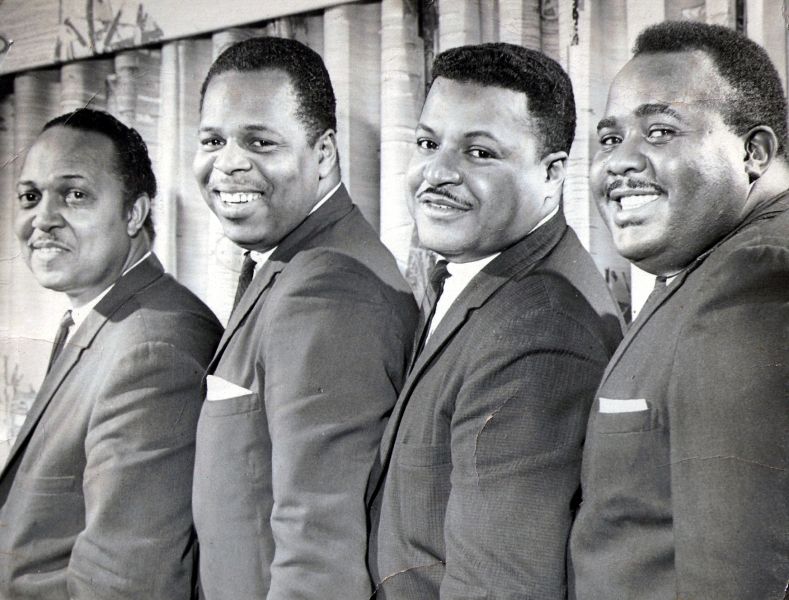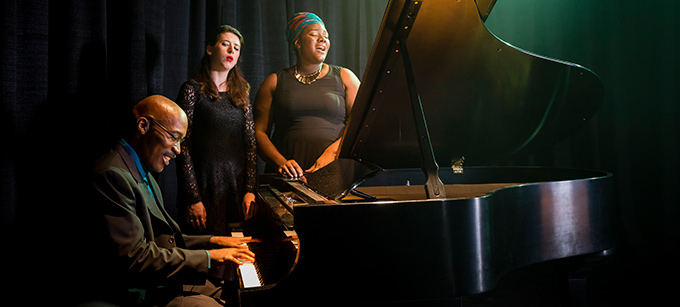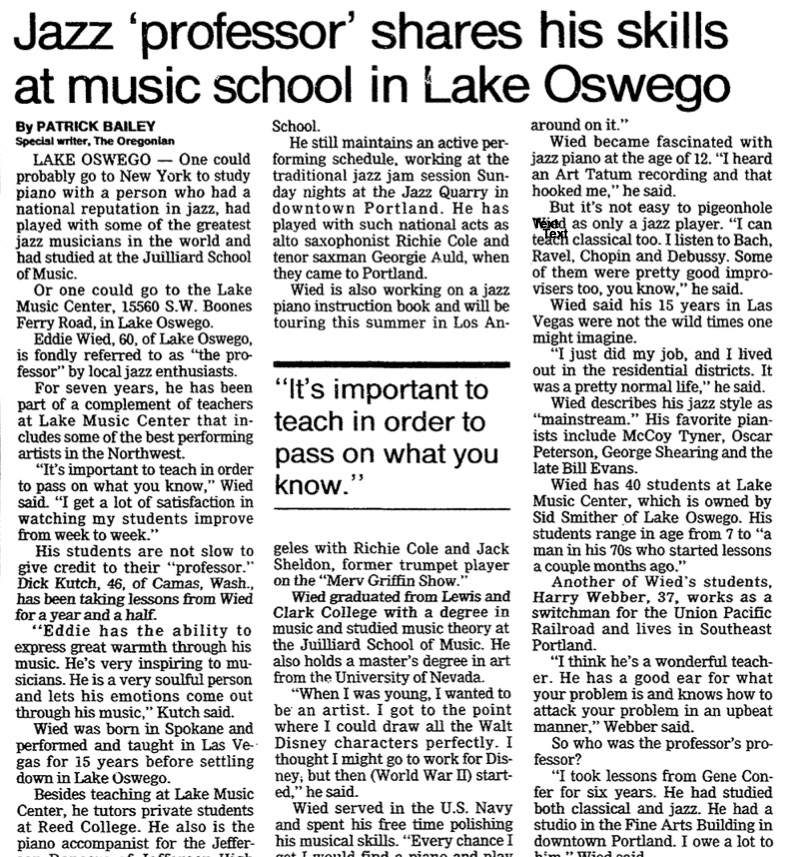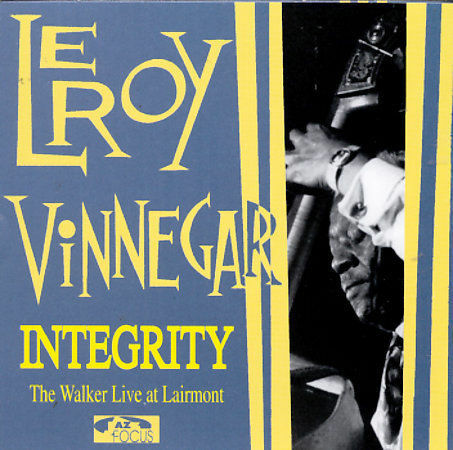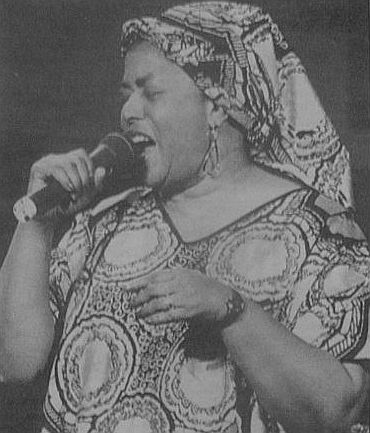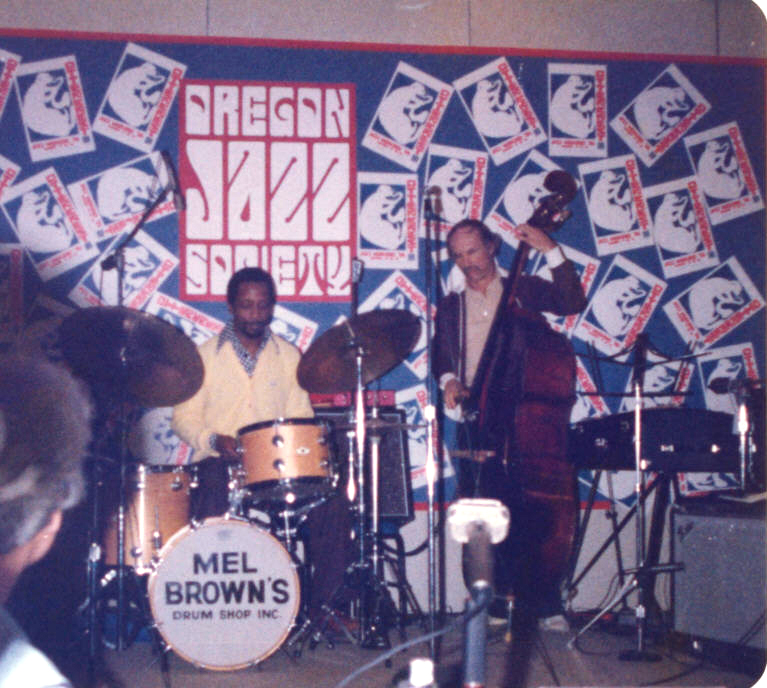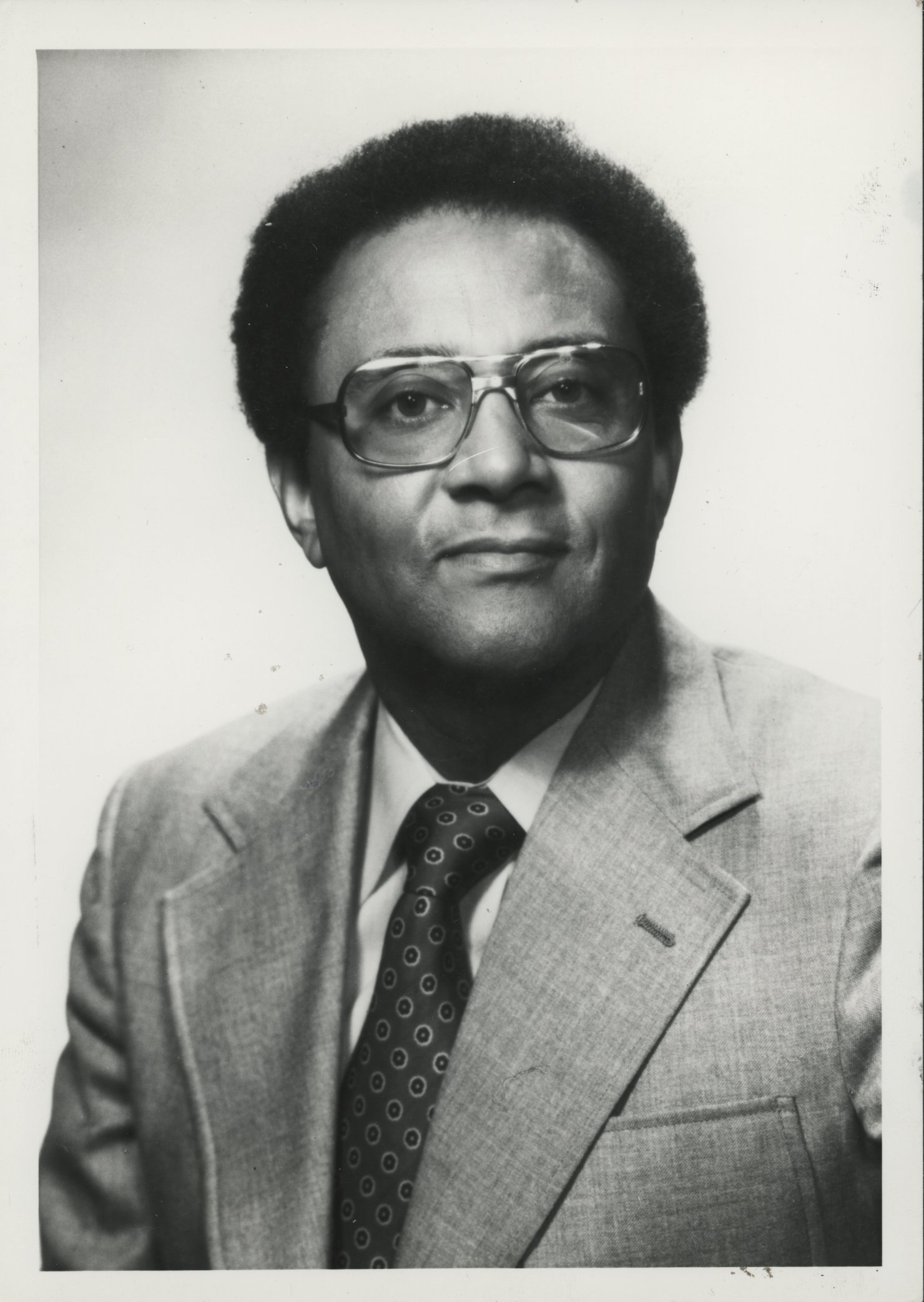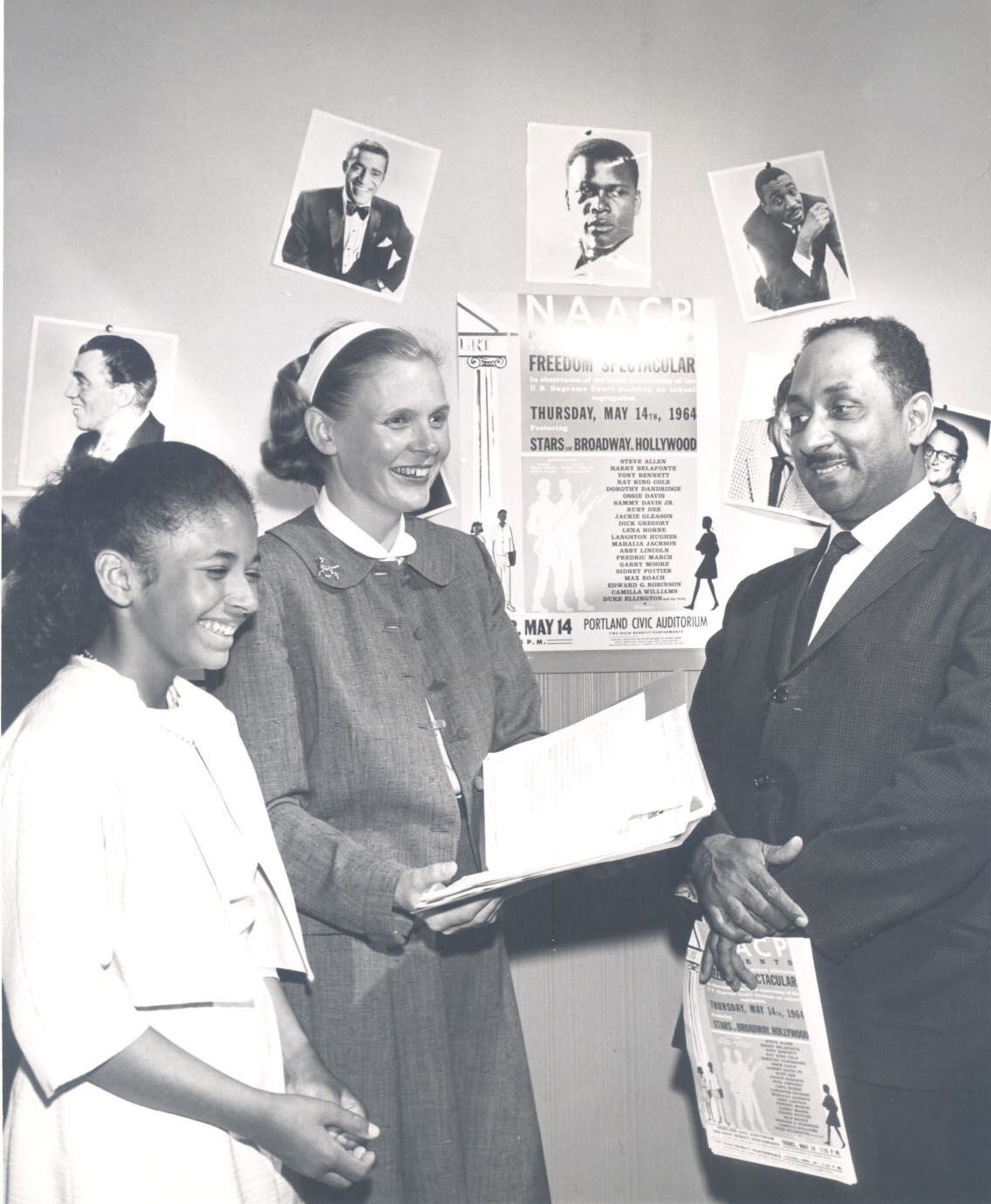Trombonist and singer Cleveland "Cleve" Williams Jr. was an important musician in a jazz scene that thrived in the African American neighborhood along Portland's Williams Avenue during the 1940s and 1950s. He was at the forefront of players who developed the bebop style in the city.
Beginning in the 1960s, Williams’s role as an informal teacher of younger players, including drummer and future bandleader Mel Brown, helped sustain and extend the stylistic and social traditions of the Williams Avenue scene. Relating to young people was also part of his job as a counselor at the Springdale Job Corps Center in Troutdale, where he worked for more than thirty years. In the late 1990s, his work with The Original Cats helped provide a link to the region’s jazz past through its own and joint performances with Portland State University Jazz Studies students.
Williams moved to Portland from his birthplace in Hope, Arkansas, in 1944, along with his cousin, trumpet player Bobby Bradford, who was also active in the Williams Avenue scene. Their families were part of the migration of African Americans to fill shipbuilding jobs in Portland and Vancouver, Washington, during World War II. Williams served in the Armed Forces during the Korean War.
When still a student and member of the track team at Roosevelt High School, Williams joined jam sessions along the Avenue, where he learned his craft. He opened for the legendary singer Billie Holiday in 1949, but, according to his own testimony, the highlight of his career occurred when singer Dinah Washington hired him to work with her in Los Angeles in the late 1950s. “He was a really good singer,” remembers Dick Bogle, who wrote a column about jazz for The Spectator. “He was always experimenting and trying to get better.” Pianist Eddie Wied called Williams “a marvelous, marvelous musician.”
Perhaps as important as his musical accomplishments was the help he gave younger players. “They were like godfathers to us,” said Mel Brown of the instruction he received from Williams and Bradford in the early 1960s, when Brown was still in high school. “Cleve and Bobby would wait for me after school and show me how to set up certain figures with Walter Bridges Big Band.” Pianist Darrell Grant, head of the Leroy Vinnegar Jazz Institute at Portland State University, agreed: “Guys like Cleve . . . taught and helped . . . many players. . . .They are the connection to the tradition we are building on.” Williams’s personality may have equipped him for the role. According to Bogle, “Cleve was warm and personable, always positive, with a great sense of humor.”
Williams died of cancer on May 27, 2007.
-
![]()
Bobby Bradford and Cleve Williams, 1965.
Courtesy Oreg. Hist. Soc. Research Library, 25942
Related Entries
-
!["Sweet Baby" James Benton (1930-2016)]()
"Sweet Baby" James Benton (1930-2016)
James Benton has been a singer of jazz, blues, and R&B; during two dist…
-
![Darrell Grant (1962–)]()
Darrell Grant (1962–)
A pianist, vocalist, composer, and educator, Darrell Grant arrived in P…
-
![Eddie Wied (1925 - 2007)]()
Eddie Wied (1925 - 2007)
Known as “the Professor,” jazz pianist Eddie Wied was an influential te…
-
![Leroy Vinnegar (1928 – 1999)]()
Leroy Vinnegar (1928 – 1999)
Though he spent only the last thirteen years of a long career in Portla…
-
![Marianne Mayfield (Hill) (1936-2004)]()
Marianne Mayfield (Hill) (1936-2004)
During more than thirty years on the Portland jazz scene, singer and ba…
-
![Mel Brown (1944-)]()
Mel Brown (1944-)
If one had to choose a single musician to represent the history of jazz…
-
![Richard “Dick” Bogle (1930–2010)]()
Richard “Dick” Bogle (1930–2010)
Dick Bogle was a multi-talented Oregonian and humanitarian who dedicate…
-
![William McClendon (1915-1996)]()
William McClendon (1915-1996)
William McClendon was a writer, journalist, intellectual, activist, and…
Related Historical Records
Map This on the Oregon History WayFinder
The Oregon History Wayfinder is an interactive map that identifies significant places, people, and events in Oregon history.
Further Reading
Darroch, Lynn. "Jazz Legends Wied and Williams carried, passed on tradition." Portland Oregonian, June 18, 2007, D3.
Dietsche, Robert. Jumptown: Portland Jazz, 1942-1957. Corvallis: Oregon State University Press, 2005.




